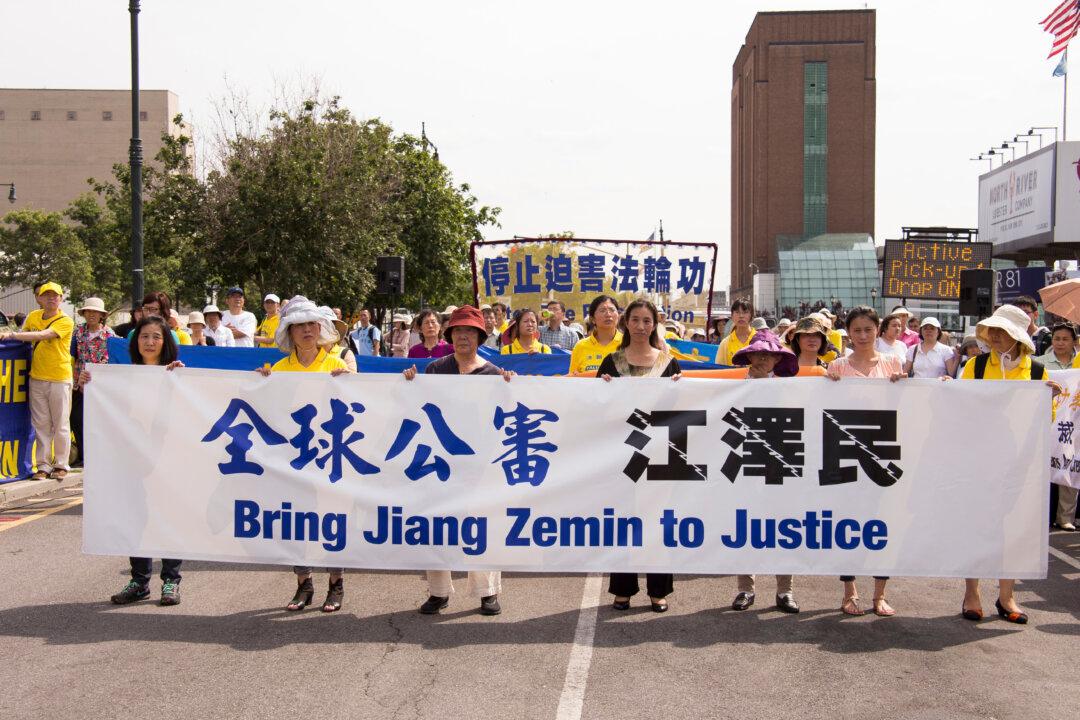Few Chinese citizens are able to openly accuse former leaders of the Chinese Communist Party of committing a felony, and themselves escape official retribution. A Chinese lawyer, however, succeeded in denouncing a former Party leader during a sensitive court trial in a southern province and secured freedom for his client while retaining his own.
The outburst by attorney Zhang Zanning, also a lecturer in the law faculty at Nanjing’s Southeast University, and the absence of any punishment, is suggestive of a slightly less frosty political climate surrounding the persecution of Falun Gong—traditionally one of the most politically sensitive subjects in China and the subject of the trial—at least when compared to years past.
Jiang Zemin is the real criminal ... and the 610 Office which Jiang created to persecute Falun Gong is an extralegal organization that should, by law, be disbanded.
, Chinese attorney and law faculty lecturer




